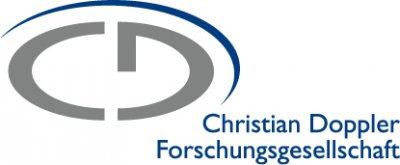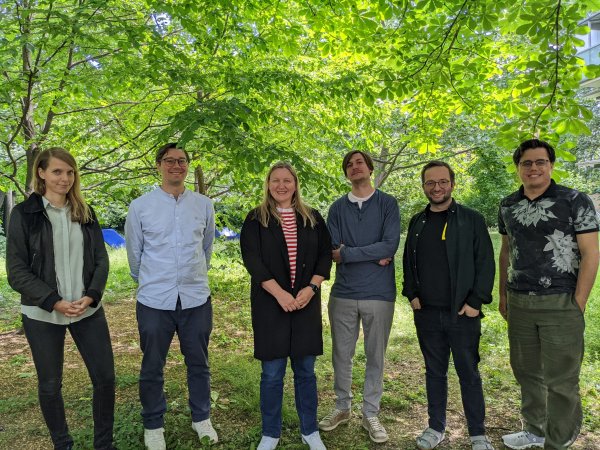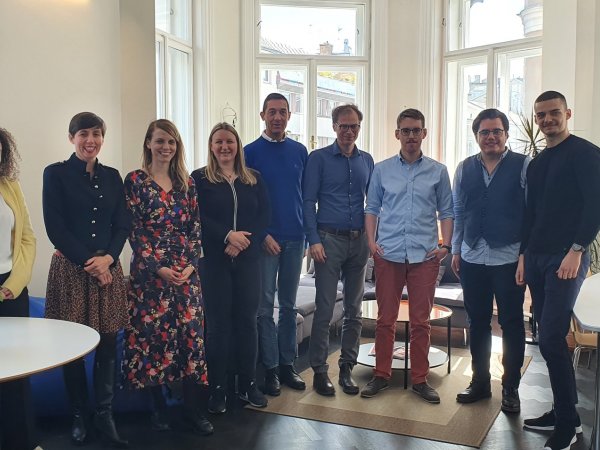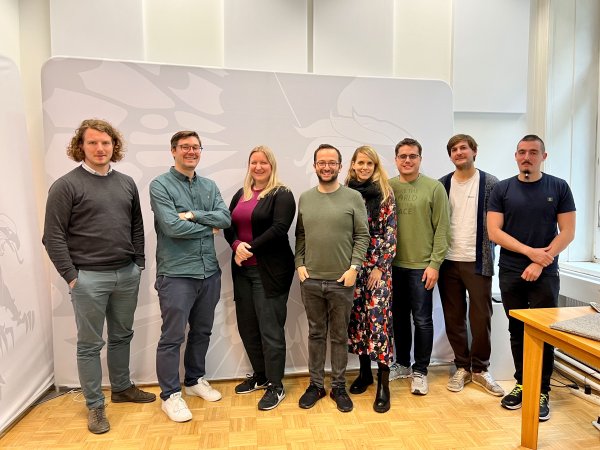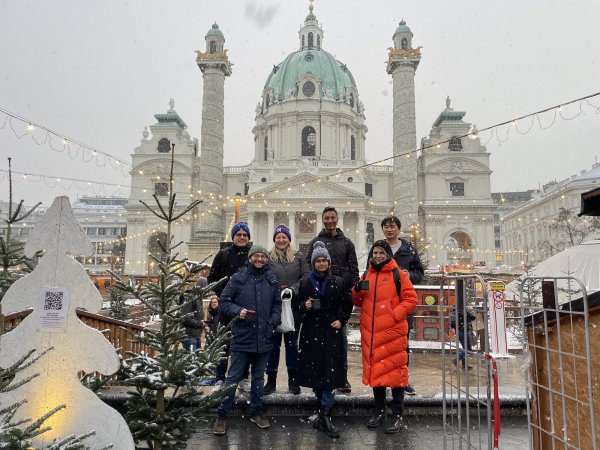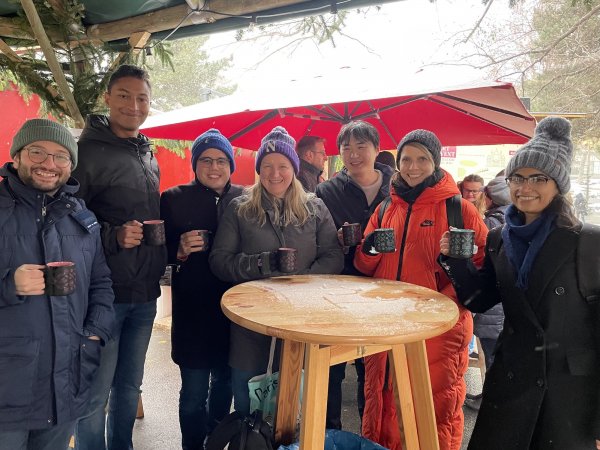
CDL - RecSys
Christian Doppler Laboratory for Advancing the State-of-the-Art of Recommender Systems in Multi-Domain Settings
Welcome to the RecSys Laboratory!
Recommender systems have been gaining more and more attention lately. The number of online platforms that support the information needs and product search of their users by providing personalized suggestions have been increasing rapidly. However, there is also more and more discussion about role and impact of these systems, e.g., related to filter bubbles, echo chambers, fake news or micro-targeting. For some of these issues, personalization and recommender systems are held responsible. Users are becoming increasingly sensitive, and are demanding systems that mitigate bias and that are not just designed to increase the number of interactions. At the same time, users often perceive the suggestions that are delivered by recommender systems as too simple and obvious. Especially in domains related to media, leisure and lifestyle, emotional aspects play a decisive role and decisions are not taken on rational criteria only. State-of-the-art approaches often fail to take these aspects into account. In these domains, new perspectives and more comprehensive user models that also consider implicit preferences are required.
In this CD Laboratory we aim to address these issues. We will develop approaches that better adapt to the domain as well as to preferences and needs of different users or groups of users. To this end, beyond-accuracy measures including novelty, diversity and serendipity will be considered. To facilitate this, a multi-level user model will be introduced that captures the users with respect to three different levels, i.e., the individual level, the group level and the network level. To develop these models, multi-facet feature sets will be extracted and will be used to learn a representation of the users as well as of the items in a joint user- item vector-space. Based on these embeddings, clustering will be performed. Furthermore, social relations will be used to complement the setting. This perspective leads to a morepersistent user model that helps to study beyond-accuracy measures more systematically for different domains. Furthermore, we will capture the dynamics of the different beyond-accuracy measures and their relationships over time and also assess the long-term effects of two types of bias. The proposed research relates, moreover, to the broader field of Digital Humanism, where striving for beyond accuracy objectives and fairness in the context of software programs and algorithm represent central concerns.
Head
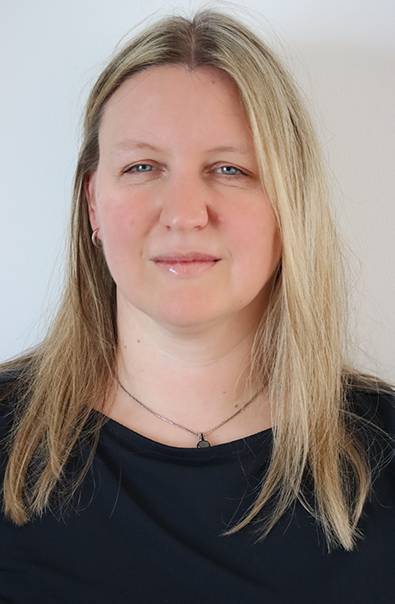
Julia Neidhardt is a researcher at the Research Unit E-Commerce at TU Wien informatics with a background in mathematics and computer science. Previously she was a guest researcher at the Austrian Academy of Sciences as well as visiting scholar at Northwestern University, USA, and at the University of Geneva, Switzerland. Her research focuses on user modeling and recommender systems in tourism and in the news domain, developing approaches to capture online opinion-forming and online behavior, and digital humanities.
Her research is published in highly renowned conference proceedings and journals including Nature Human Behaviour. She regularly is invited to give talks on topics related to her research, among others at the Oxford Women in Computer Science - Distinguished Speaker Series at the University of Oxford. Julia Neidhardt is a senior program committee member of the ACM Conference on Recommender Systems (RecSys) and is an associate editor of the Journal of Information Technology &Tourism as well as a distinguished reviewer of the newly established journal ACM Transactions on Recommender Systems (TORS). She was research track co-chair of ENTER 2020 and ENTER 2019 and a co-organizer of a number of workshops and conferences. Julia Neidhardt is part of the Digital Humanism Initiative at TU Wien and board member of Center for Artificial Intelligence and Machine Learning (CAIML). She will lead the CD Lab for Recommender Systems, applying her expertise in these various research areas focusing on recommender systems.
Research Staff

Irina Nalis-Neuner
PostDoc Researcher
Dr. Irina Nalis, is a psychologist and joined the RecSys Lab as interdisciplinary collaborator. She obtained her PhD from the University of Vienna, department of Occupational, Economic, and Social Psychology. Her research interests are framed within the context of the Vienna Manifesto on Digital Humanism including questions of behavior change, co-creation, decision-making, and transformative research.

Thomas Elmar Kolb
PreDoc Researcher
Thomas Elmar Kolb is a PhD student and research assistant at the TU Wien. He holds a BSc and an MSc (Dipl.-Ing.) in Business Informatics from TU Wien. His research interests are in the area of Sentiment Analysis, Recommender Systems and Natural Language Processing.

Mete Sertkan
PreDoc Researcher
Mete Sertkan is a PhD student and research assistant at the TU Wien. He holds a BSc and an MSc (Dipl.-Ing.) in Business Informatics from TU Wien. His research interests span the areas of User Modeling & Personalization, Recommender Systems, and Natural Language Processing.
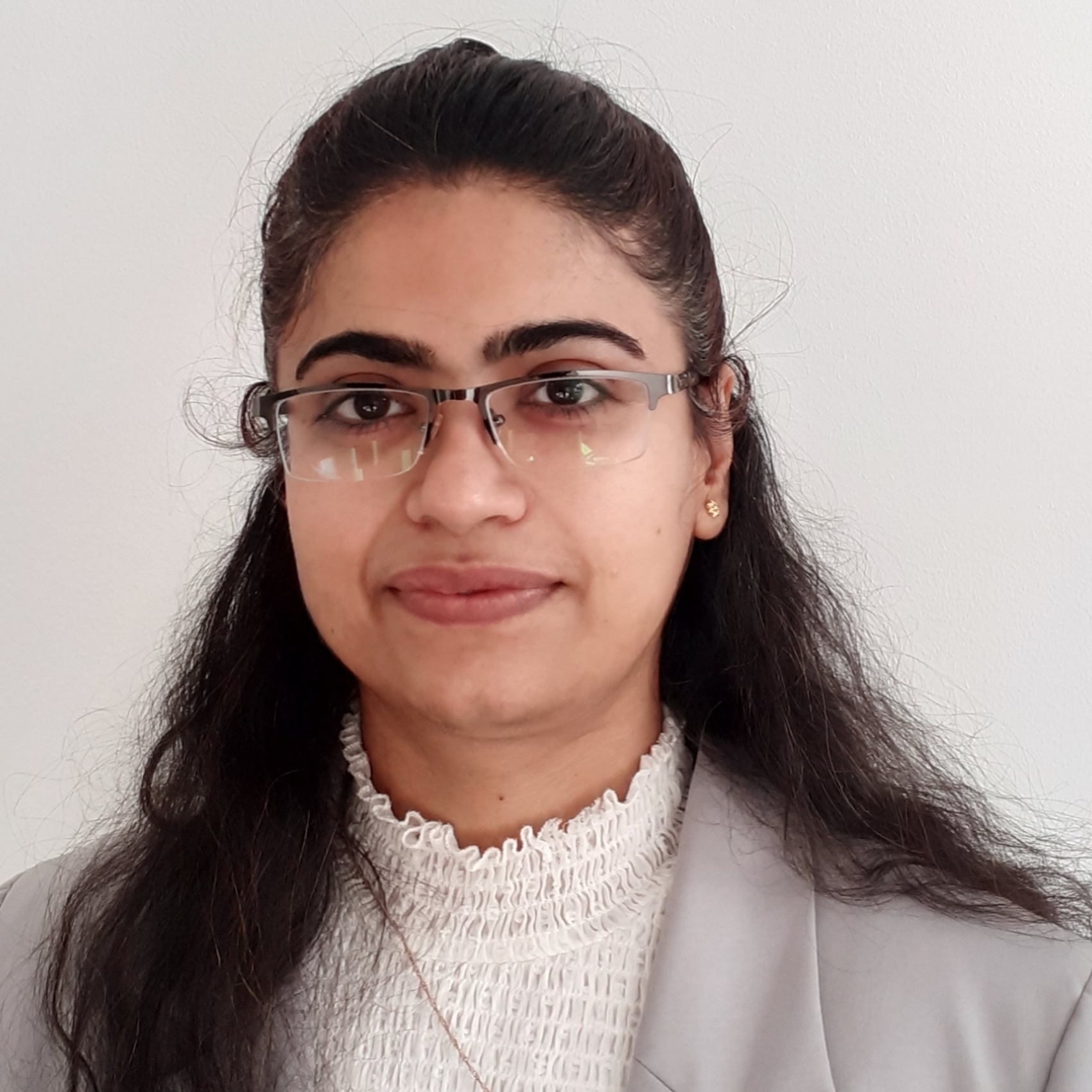
Aayesha
PreDoc Researcher
Aayesha is a Doctoral student and Project assistant at TU Wien. She holds Master Degree in Computer Science. She worked in the areas of Healthcare and Education by employing the recent techniques of Machine Learning, Explainable AI, NLP, and Learning Analytics. Her research interests are to develop tools and systems for providing intelligent recommendations and personalise support to the users in diverse domains.
MSc & BSc Students

Michael Ferdinand Moser
Master Student (Data Science)

Manuel Feurstein
Bachelor Student

Florian Dedov
Bachelor Student

Ahmadou Wagne
Master Student (Data Science)

Gunnar Sjúrðarson Knudsen
Master Student

Blake Huebner
Master Student
Visiting Students & Researchers
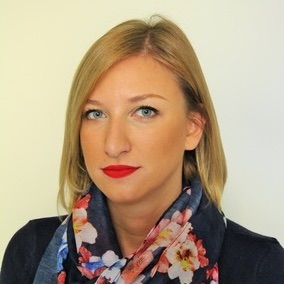
Amra Delic
Research Scholar
Amra Delic is an Assistant Professor at University of Sarajevo. She completed her Ph.D. in 2020. under the supervision of Prof. Hannes Werthner and in a close collaboration with Dr. Julia Neidhardt, at TU Wien. Her thesis focused on personalized systems that support group decision-making processes by exploiting various user, group, interrelationship features, as well as the information about the decision-making process itself. Lately, she has broadened her research interests to analyzing the role of explanations in group recommender systems.
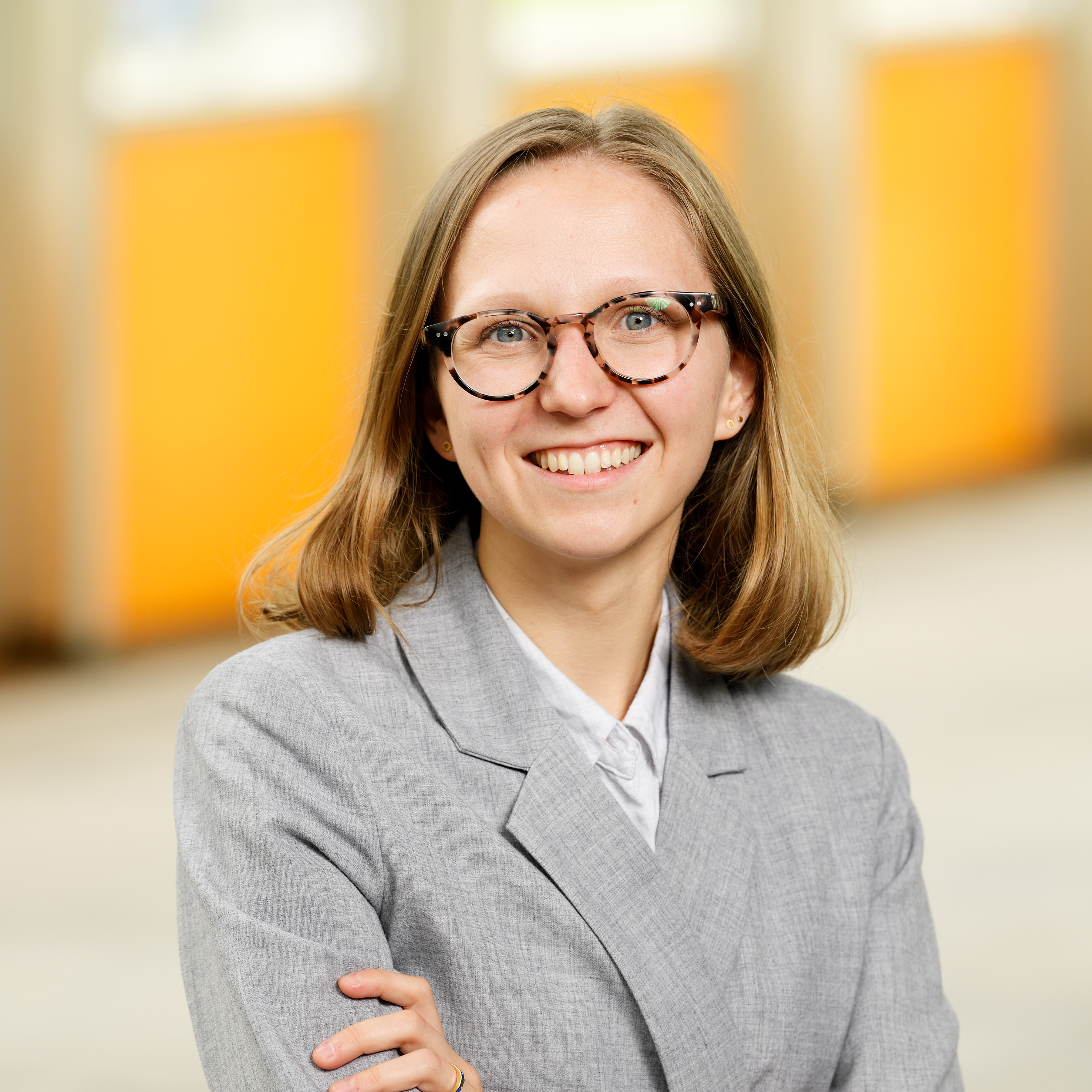
Anna Merl
Master Student
Anna Merl studies Industrial Design in the Master program at Eindhoven University of Technology in the Netherlands. She is active as an interaction designer and design researcher in a local design company besides her studies. Her interest lies in researching possible future relationships between humans and non-humans. In her research she is designing experiments to trigger conversation by applying her skills and knowledge of making in the physical and digital space. In this project, her role is to research how we can reflect on our future coexistence with recommender systems.
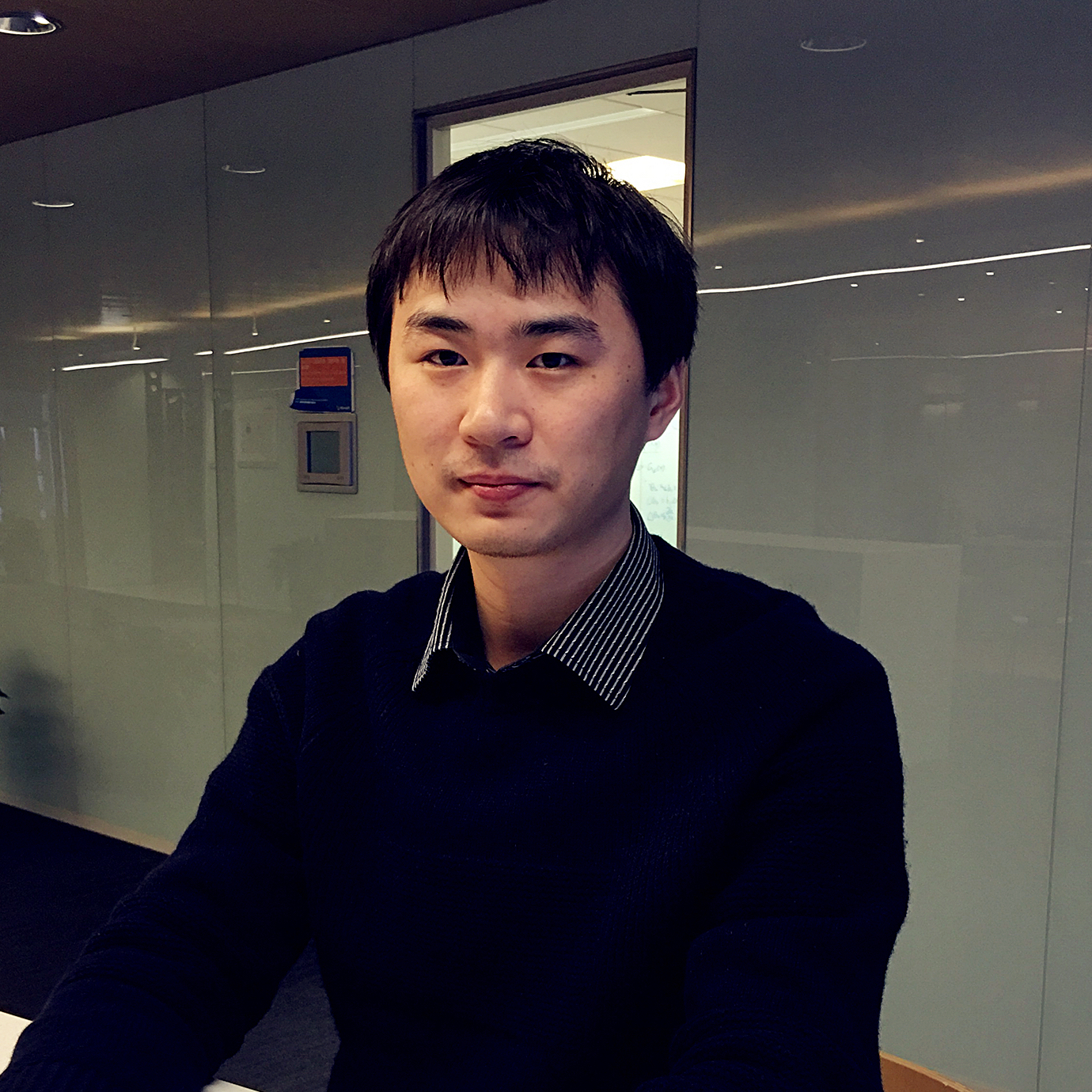
Pingjing Yang
Doctoral student
Pingjing Yang is currently a Ph.D. student at the University of Illinois at Urbana-Champaign. He is a junior digital humanism fellow at the Institute of Human Sciences. His research focuses on Natural Language Processing, explainable AI, and Social Computing.
Partners
The CD Lab for RecSys is funded by the Austria's Federal Ministry for Digital and Economic Affairs and the business partners Falter Verlagsgesellschaft m.b.H. and YKMB GmbH. In Christian Doppler Laboratories, application-oriented basic research is pursued at a high level, and expert scientists cooperate with innovative companies. The Christian Doppler Research Association is an international best practice example for promoting this collaboration. Christian Doppler Laboratories are financed jointly by the public purse and the participating companies. The most important public sponsor is the Federal Ministry for Digital and Economic Affairs (BMDW).
Falter Verlagsgesellschaft m.b.H.
Falter Verlagsgesellschaft m.b.H. is an Austrian media company based in Vienna. It was founded in May 1977, when the first issue of Vienna’s weekly newspaper “FALTER” was published. Today it has five active business divisions: 1) The weekly “FALTER”, 2) a book publishing house, 3) an online bookshop, 4) a corporate publishing arm, as well as 5) a digital media business unit, developing and operating websites, Apps, newsletters, social media as well as providing data and IT-services. The results of the CD Laboratory will be implemented to improve the online portal of the company and to develop new products.
YKMB GmbH
YKMB GmbH is a newly established startup on a mission to disrupt online fashion retail. It has been co-founded in late 2019 in Vienna by an experienced team of marketing, sales and computer science experts who realized that something very essential is missing in purchasing online: The social experience of shopping together with your friends, which provide instant feedback on what suits you and what to get. The results of the CD Laboratory will be used to improve the current product and help to develop new ones.
Publications
-
Sertkan, M., & Neidhardt, J. (2022). Exploring Expressed Emotions for Neural News Recommendation. In Adjunct Proceedings of the 30th ACM Conference on User Modeling, Adaptation and Personalization (pp. 22-28).
-
Neidhardt, J., & Sertkan, M. (2022). Towards an Approach for Analyzing Dynamic Aspects of Bias and Beyond-Accuracy Measures. In International Workshop on Algorithmic Bias in Search and Recommendation (pp. 35-42). Springer, Cham.
-
Sertkan, M., Althammer, S., Hofstätter, S., & Neidhardt, J. (2022). Diversifying Sentiments in News Recommendation. In Proceedings of the Perspectives on the Evaluation of Recommender Systems Workshop (PERSPECTIVES 2022) co-located with the 16th ACM Conference on Recommender Systems, CEUR Workshop Proceedings
-
Thomas Elmar Kolb, Irina Nalis, Mete Sertkan, and Julia Neidhardt. 2022. The Role of Bias in News Recommendation in the Perception of the Covid-19 Pandemic. FAccTRec Workshop ’22, in conjunction with RecSys 2022, Seattle, WA, USA.
Contact & Location
How to contact us?
Please contact us by writing a mail to: recsys-lab[ät]ec.tuwien.ac.at
Postal address:
Technische Universität Wien
Institut für Information Systems Engineering
FB Data Science - Insights for Society
CD Labor RecSys
zHd Frau Julia Neidhardt
Favoritenstraße 9-11/E194-04
1040 Wien
Or just use the TUW-Maps tool: https://tuw-maps.tuwien.ac.at/?q=HC0211


